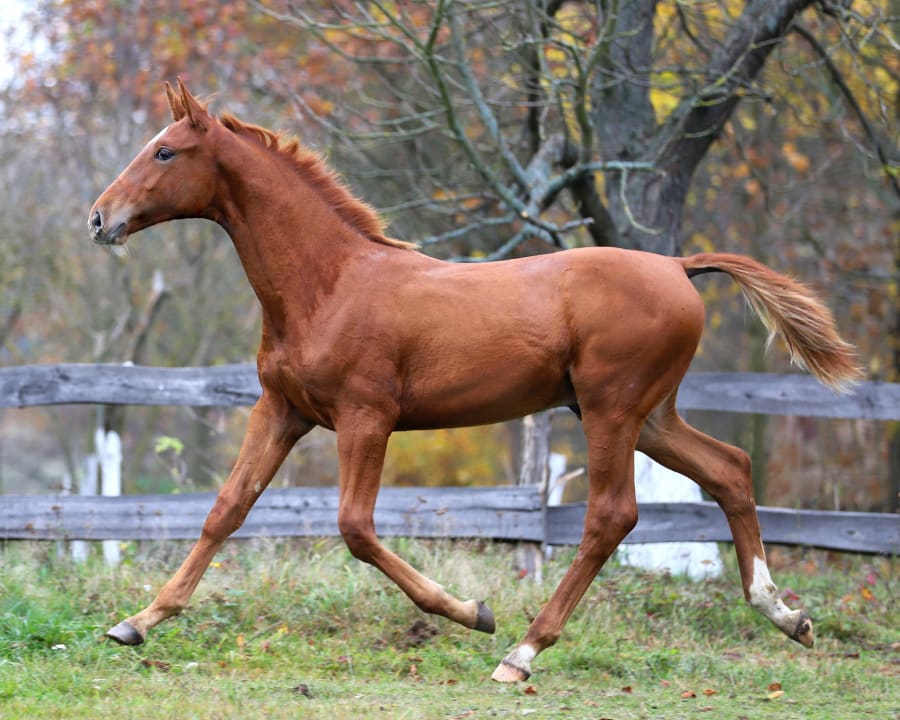The Benefits of Castration for Horses
Castration is a common surgical procedure that involves the surgical removal of a stallion's testicles. It offers numerous advantages for both horses and their owners.
One of the primary motivations behind castrating young stallions is to mitigate undesirable behaviors. Stallions can display aggressive, unpredictable, and sometimes dangerous behaviors. Castration also enhances the horse's focus and trainability, making them ideal for those seeking reliable and well-behaved riding partners.
Another benefit of castration is its positive impact on social dynamics. Stallions can become territorial and aggressive but geldings generally exhibit a more amicable demeanor toward other horses.
Castration also eliminates the chance of unwanted pregnancies and reduces the risk of certain health issues, such as testicular tumors and injuries sustained during aggressive behavior.
Geldings tend to enjoy longer and healthier lives than stallions due to reduced stress from social interactions and fewer health complications.

The Castration Procedure & Post-Op Recovery
To prepare a horse for castration, it is essential to ensure they are healthy and that their vaccinations and deworming are up-to-date.
During the castration procedure, your horse will be sedated and an incision is made over each testicle and an emasculator is used to crush and cut the spermatic cord, crimping vessels. The cord is then cut, and the testicles are removed.
After castration, horses should receive a tetanus toxoid booster. Veterinarians may administer antibiotics or NSAIDs, and insect repellents should be applied immediately if flies are still in season.
Cryptorchidism in Horses
In some horses, the timing of castration is accelerated due to a condition referred to as cryptorchidism. Cryptorchidism is the retention of one (unilateral) or both (bilateral) testicles. This trait has long been considered heritable and may be genetically transferred to offspring.
A laparoscopy is normally used in this situation. This is a special technique to perform surgery through small incisions using a special camera. A long, narrow and rigid camera is placed through a small incision to view inside the body. This should be atraumatic to the horse since he is standing throughout the procedure.

